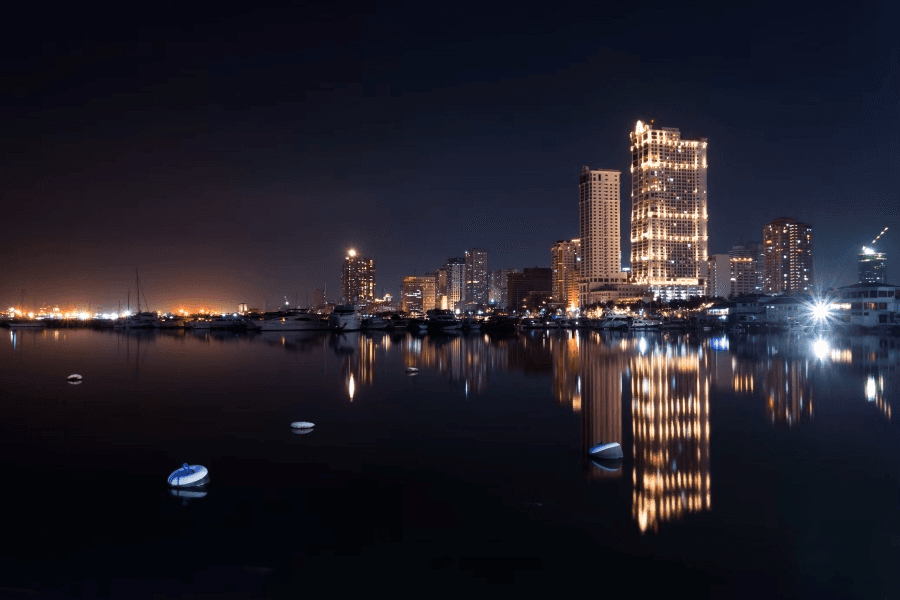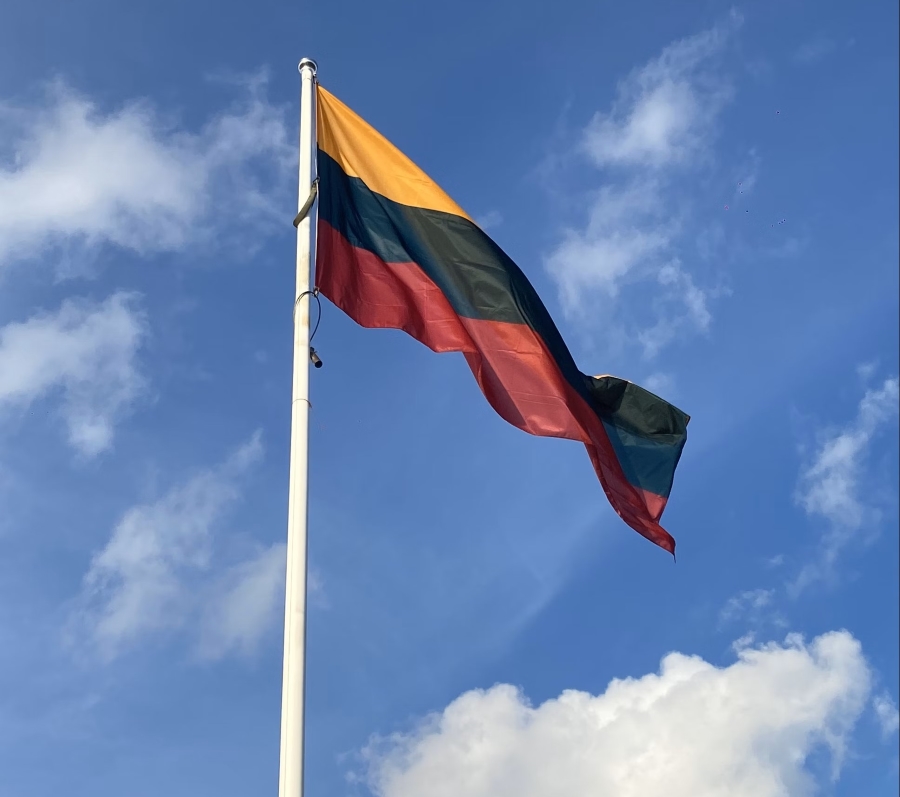Thailand Releases Draft Laws For Casino Resort
Share This Tags Thailand has unveiled a 22-page draft casino law which will revolutionize the country’s tourism industry, promising to inject a staggering $12 billion into the national economy.
Thailand has unveiled a 22-page draft casino law which will revolutionize the country’s tourism industry, promising to inject a staggering $12 billion into the national economy.
The Thai government’s decision to liberalize the gaming industry is a strategic move driven by the potential to significantly boost the country’s tourism revenue. Comprehensive studies have projected that the introduction of integrated entertainment complexes, complete with casinos, MICE (Meetings, Incentives, Conferences, and Exhibitions) facilities, amusement parks, and other attractions, could propel Thailand’s tourism earnings by a remarkable $12 billion.
The detailed draft of the casino law, released by Thailand’s Council of State, outlines a comprehensive regulatory framework that will govern the industry’s operations. This framework is designed to ensure a balanced and responsible approach to the development of the gaming sector, addressing crucial aspects such as licensing, taxation, and entry requirements.
According to the draft, the casino licenses will be granted for a period of 30 years, with the possibility of a 10-year extension. This long-term commitment underscores the government’s confidence in the industry’s potential and its commitment to fostering a stable and sustainable ecosystem.
The draft also stipulates that the integrated entertainment complexes must be situated within a 100-kilometer radius of major airports, ensuring convenient accessibility for both domestic and international visitors. Furthermore, these complexes will be required to maintain a paid-up capital of at least $283 million, a substantial investment that reflects the government’s high standards and the seriousness of the industry participants.
Thailand’s move to liberalize its gaming industry is set against the backdrop of an emerging market in the United Arab Emirates (UAE) and ongoing developments in Japan. This regional competition has attracted the attention of several prominent gaming operators, including Galaxy Entertainment Group, MGM Resorts, and Las Vegas Sands, all of whom have expressed interest in the Thai market.
The draft law outlines a 17% tax on Gross Gaming Revenue (GGR), a rate that aligns with the previously signalled tax structure. Additionally, the legislation proposes a “reasonable” entry levy for Thai nationals, drawing inspiration from the successful model implemented in Singapore.
Recognizing the potential social implications of the gaming industry, the draft law includes provisions to address concerns and promote responsible gambling practices. These measures may encompass entry restrictions, problem gambling support services, and educational initiatives to ensure the well-being of the Thai population.
The draft casino law is currently undergoing a rigorous review process. After receiving Cabinet approval, the bill will be presented to the Thai Parliament for further debate and potential amendments. This collaborative approach ensures that the final legislation reflects the input and concerns of various stakeholders, including industry players, policymakers, and the general public.
The draft law identifies several potential locations for the establishment of these integrated entertainment complexes, including Greater Bangkok, Phuket, Chiang Mai, and Chonburi (Pattaya). These strategic locations, all within 100 kilometres of major airports, will benefit from significant infrastructure development to support the influx of tourists and ensure a seamless experience.
The economic implications of Thailand’s casino law are expected to be far-reaching. Beyond the projected $12 billion boost to tourism revenue, the industry’s development is poised to create a substantial number of new job opportunities.



 2024-08-05
2024-08-05















